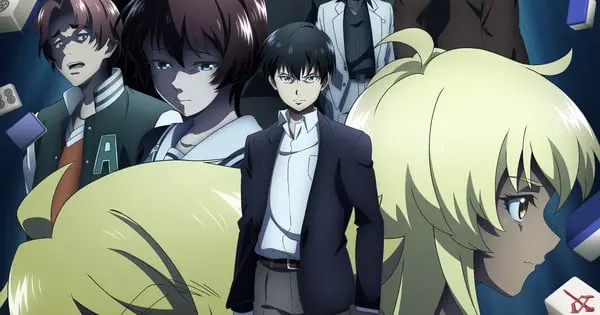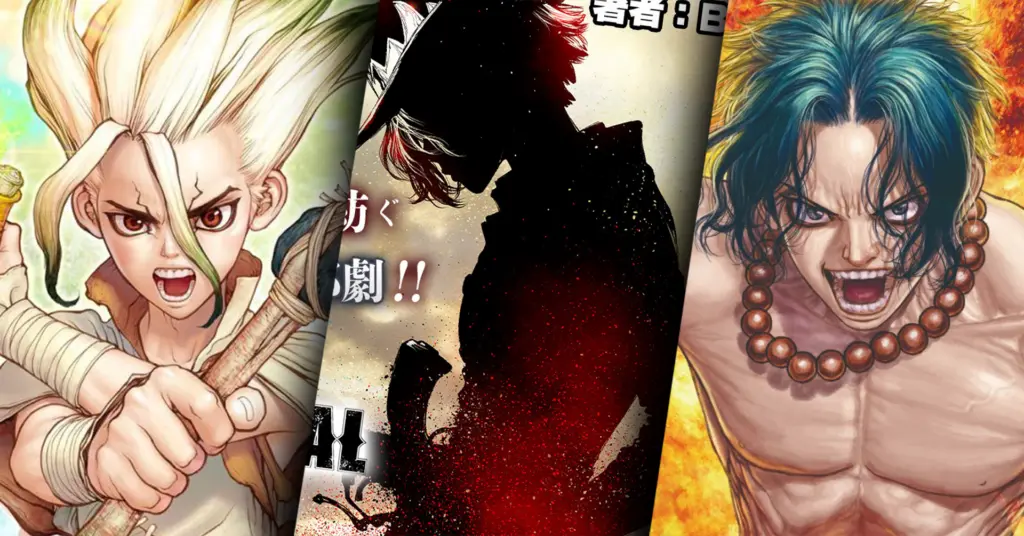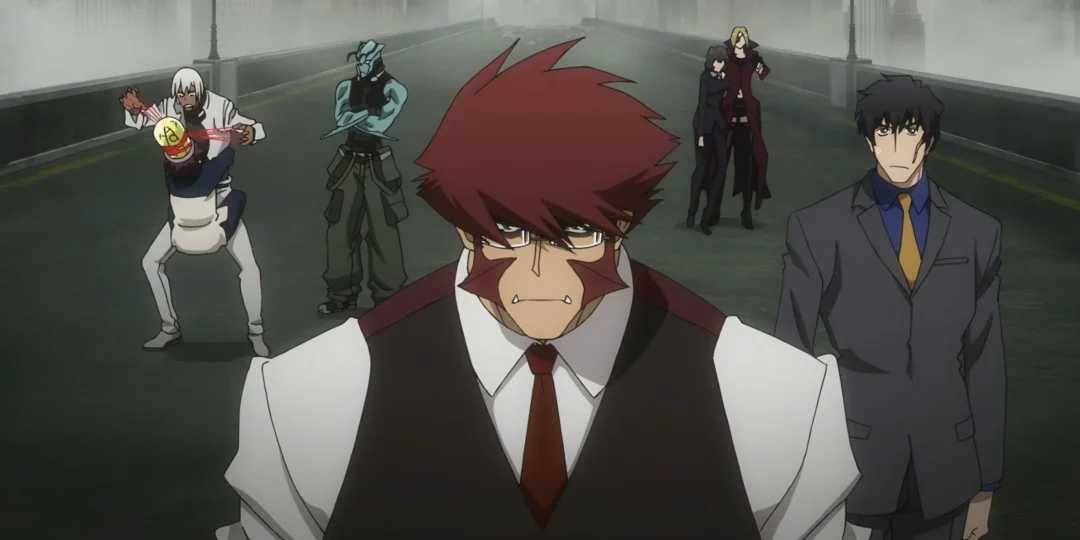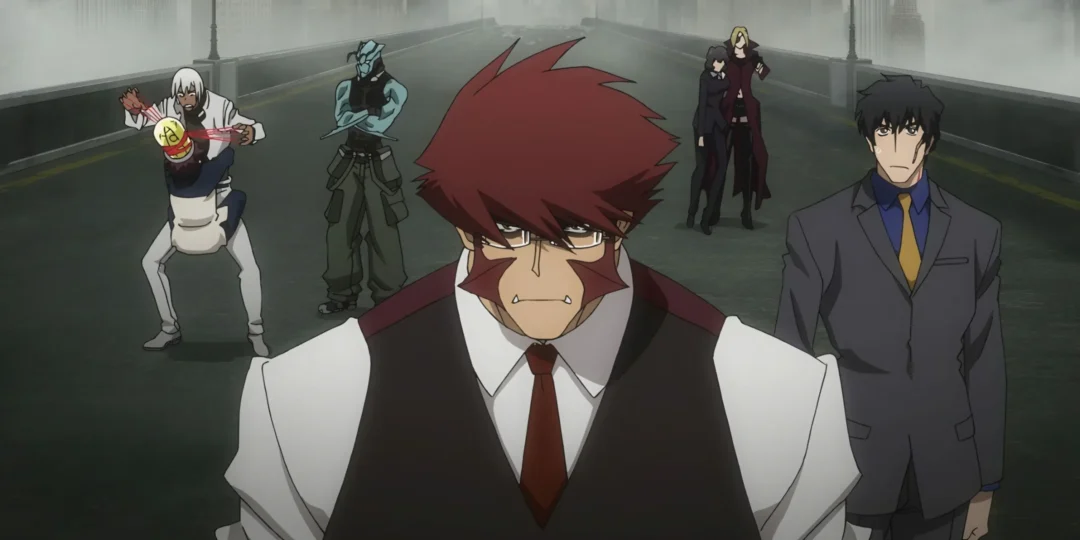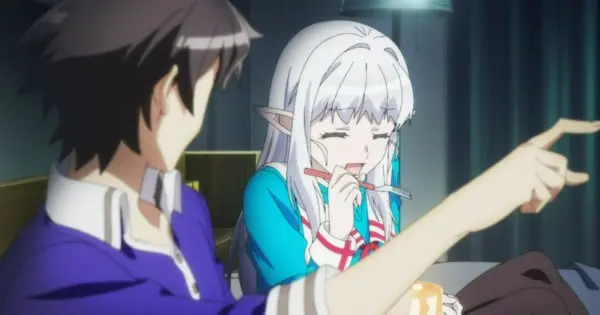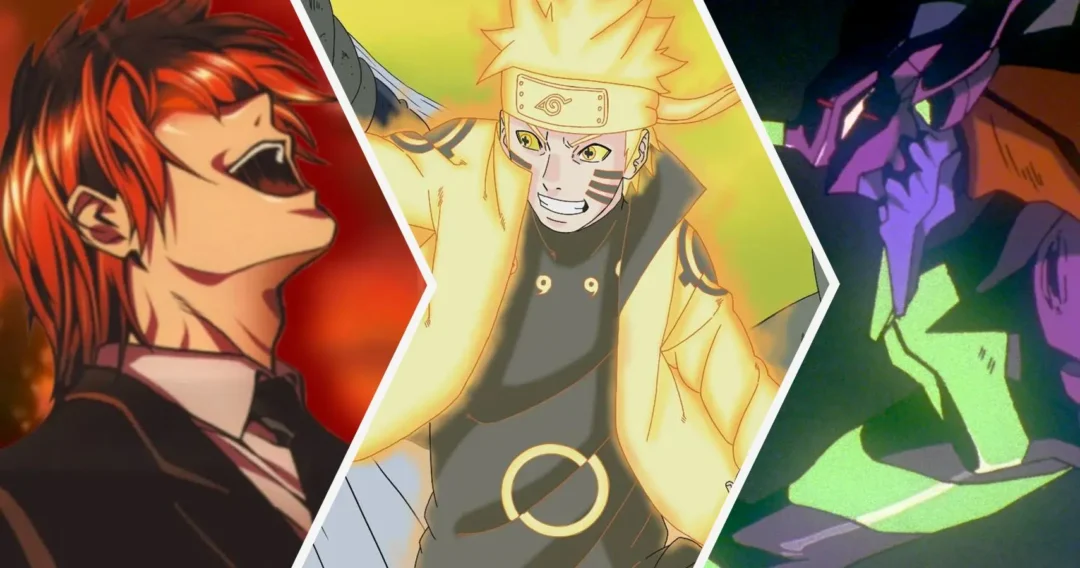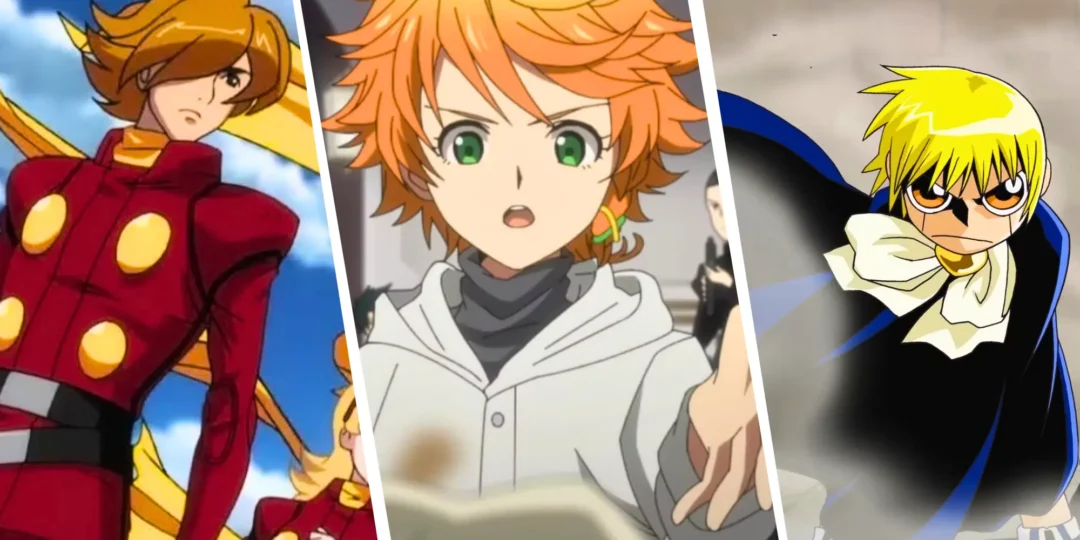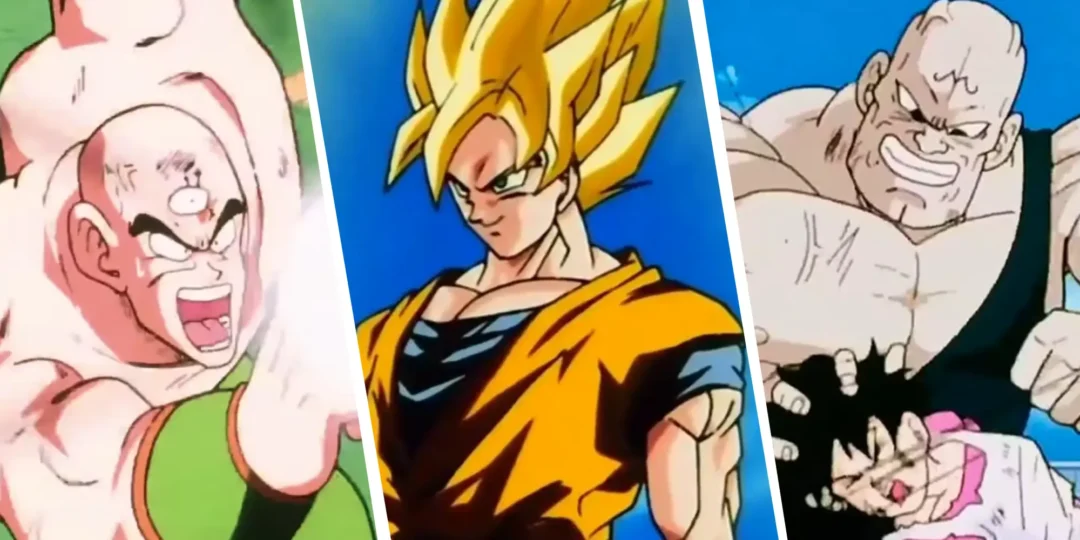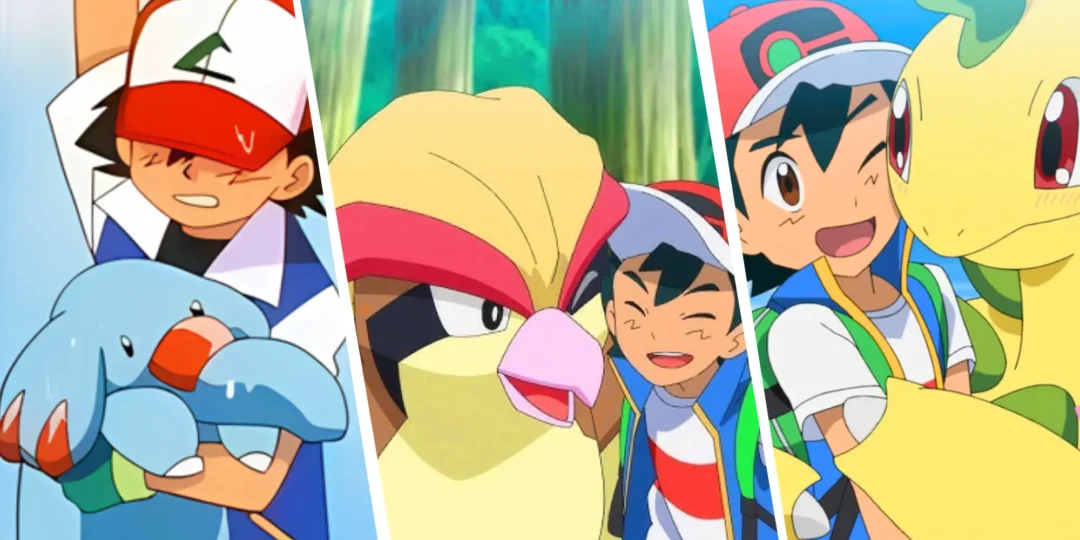Many anime series captivate audiences with compelling storylines and well-developed characters, but some stumble in their final act. A disappointing final arc can tarnish a show’s legacy, leaving fans frustrated. Here are ten anime series that faltered in their final story arc, failing to deliver a satisfying conclusion.
Akame Ga Kill!
Akame Ga Kill! begins with a promising premise, following Tatsumi’s journey to fight corruption alongside the assassin group Night Raid. The initial episodes are praised for exposing the depravity of the ruling class. However, the series is often criticized for its rushed and indiscriminate killing off of main characters. The ending deviates from the manga, leaving many fans feeling bewildered by the bleak and seemingly pointless conclusion where virtually all the main characters are killed. This abrupt and dissatisfying conclusion has made it a significant disappointment for many viewers.
Bleach
Bleach, one of the “Big Three” shonen anime, is a long-running series that unfortunately lost its way in its final arc. The adaptation of the “Thousand-Year Blood War” arc suffered from pacing issues, filler content involving the Sternritters, and an underwhelming final showdown with the main antagonist, Yhwach. The focus shifted from protagonist Ichigo Kurosaki to background characters, leaving many viewers feeling the final arc failed to live up to the series’ potential. The rushed and disjointed storytelling ultimately undermined the series’ impact.
Claymore
Claymore initially drew viewers in with its dark fantasy world and the intriguing characters of the warrior women known as Claymores. However, the final arc suffers from severe pacing issues, cramming approximately 120 chapters of manga material into a few episodes. This rushed approach resulted in an unsatisfying conclusion with a lack of emotional impact. The introduction of Priscilla late in the story and the absence of closure left fans feeling betrayed. The finale is often considered a major disappointment due to its failure to deliver the emotional build-up and coherent narrative the series promised.
Death Note
Death Note, a highly acclaimed series known for its psychological cat-and-mouse game, takes a turn that alienated many fans. The death of the brilliant detective L in episode 25 is a major point of contention. The quality of the storytelling notably declines after this point, with a less satisfying final act and an unceremonious end for protagonist Light Yagami. The final episodes fail to recapture the brilliance of the earlier narrative, leading to a sense of disappointment among fans who had invested so much in the complex relationship between L and Light.
Fullmetal Alchemist (2003)
The 2003 version of Fullmetal Alchemist diverges from the manga, resulting in a final storyline that was criticized for undermining the themes of brotherhood and sacrifice. Edward’s dubious sacrifice after Alphonse’s efforts to save him, along with the ending that separates the brothers, is a major point of contention. The conclusion left Al in his child body with no memory and Edward in an alternate world (Munich, Germany), an ending many fans found unsatisfying, feeling that it lacked a cohesive conclusion to their journey. The follow-up movie, Conqueror of Shamballa tried to give the series a decent climax but was considered inferior to the ending of Brotherhood by many.
The Promised Neverland
The Promised Neverland is a series that suffered immensely in its second season. The first season was highly praised for its suspenseful and clever story of orphans escaping a sinister farm. However, the second season was marred by a rushed production, abandoning several plotlines and story arcs. The final episodes are considered anticlimactic, lacking the emotional impact and coherence of the first season. The significant deviations from the manga, including skipping over an entire arc, led to a confusing and disappointing end for many fans.
Soul Eater
Soul Eater is an anime that, despite its unique style and engaging premise, failed to deliver a satisfying final arc. The ending veers drastically from the manga, undermining the importance of teamwork and cooperation that was central to the story. The sudden victory of Maka by punching Asura in the face, fueled by hope and bravery, is considered a “Deus Ex Machina” moment that felt contradictory and unrelated to the source material, frustrating many viewers. The anime’s finale is seen as a disservice to the manga.
Tokyo Ghoul: Root A
Tokyo Ghoul: Root A, the second season of the anime, deviated significantly from the manga storyline and is often criticized for its unsatisfying ending. The season ends on a cliffhanger without providing clear answers or resolutions to major plot points. This lack of closure, coupled with changes to the original narrative, led to a negative reception. The series suffered from a lack of clear direction, leaving fans of both the manga and anime feeling frustrated by the unfulfilled potential.
Sword Art Online
Sword Art Online, initially lauded for its compelling isekai concept, is also often cited for declining in quality by the end. What began as a captivating exploration of virtual reality became a mess of lazy writing tropes and uninteresting story choices, according to some critics. The later arcs are criticized for introducing new, poorly-developed characters and storylines that failed to capture the essence of the early seasons.
Neon Genesis Evangelion
Neon Genesis Evangelion is a series that often sparks debate, and its ending is no exception. While the original ending of the series and its subsequent movie The End of Evangelion are considered classics, some find the ending to be too philosophical and open-ended. The abstract and existential nature of the conclusion leaves many fans feeling confused and unsatisfied, with some feeling that it doesn’t provide a clear or conclusive resolution to the complex narrative.
These ten anime series serve as a cautionary reminder that a strong start does not guarantee a satisfying conclusion. A final arc can either solidify a series’ legacy or cause a significant decline in its reputation. Poor pacing, deviations from source material, underwhelming antagonists, and lack of emotional impact can all contribute to a disappointing finale.

